The Alborn skink is one of the rarest lizards on Earth – found only in one small site on New Zealand’s West Coast. Without urgent intervention, it could vanish forever.
In the depths of beech forest near Reefton, the Alborn skink clings to survival in a small pākihi wetland – its last refuge. First discovered in the 1990s, it has since vanished from other locations, leaving just this one fragile population.
With numbers remaining estimated at just 30 individuals, the skink is facing a perilous future.
The problem is not just survival in isolation; it’s the invasive threat posed by introduced predators. Mice are a twofold menace, they not only prey on the skinks but also compete for the same food, leading to a devastating imbalance. When the beech trees “mast” (producing large amounts of seed) mouse populations explode, fuelling the destruction. It’s during these mast years that the future of the Alborn skink looks most bleak.
Without immediate action, this rare skink could disappear forever. We need to predator-proof and protect their remaining habitat, to give this species a fighting chance. This project will provide valuable insights into developing new, low-cost ways to manage mouse populations, helping not only the Alborn skink but other vulnerable species struggling against these same pressures.


































